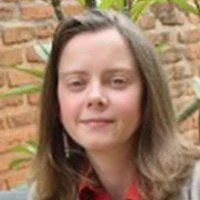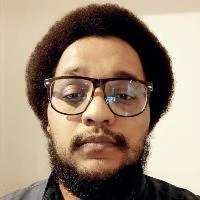Understanding Legitimacy in Post-Revolutionary Sudan

Western donors, class interests and moral populism.
The regime of Omar Al Bashir ruled Sudan from 1989 to 2019, when a popular revolt forced him out of office. A power-sharing government, led by Prime Minister Abdalla Hamdok, sought to re-establish popular moral legitimacy in the eyes of disenchanted citizens while bringing Sudan back into the orbit of external creditors and Western-led development efforts.
How do different actors understand the moral legitimacy of public authorities established by the Al-Bashir regime?
This project examined the role of Western donors in shaping this legitimacy re-building within and across two areas of public concern with different class interests: higher education and social protection. Overall, it sought to understand how different actors within the reform process perceive reform priorities and processes as morally legitimate or illegitimate. It identified potential conflicts of interest and conceptual blindspots among parties that might jeopardise the transition to a more ‘morally legitimate’ form of public governance in the country.
Researchers

Dr Laura Mann
Laura Mann is an Assistant Professor in the LSE Department of International Development focusses on the political economy of development in Africa. Before joining LSE, Laura worked as a postdoctoral researcher at the Oxford Internet Institute and the African Studies Centre in Leiden.
Research interests: political economy, knowledge production, communication technologies and data
Email: L.E.Mann@lse.ac.uk

Muez Ali Abdelgadir Ali
Muez Ali is a doctoral researcher at the UCL Energy Institute. His research focuses on the effects of urbanisation, governance, and land policy on energy consumption in Sub-Saharan Africa. He is also a research associate at the Ministry of Finance and Economic Planning in Sudan.
Research interests: political economy of energy, economic development, social policy, Sudan economic history
Email: m.a.ali@ucl.ac.uk